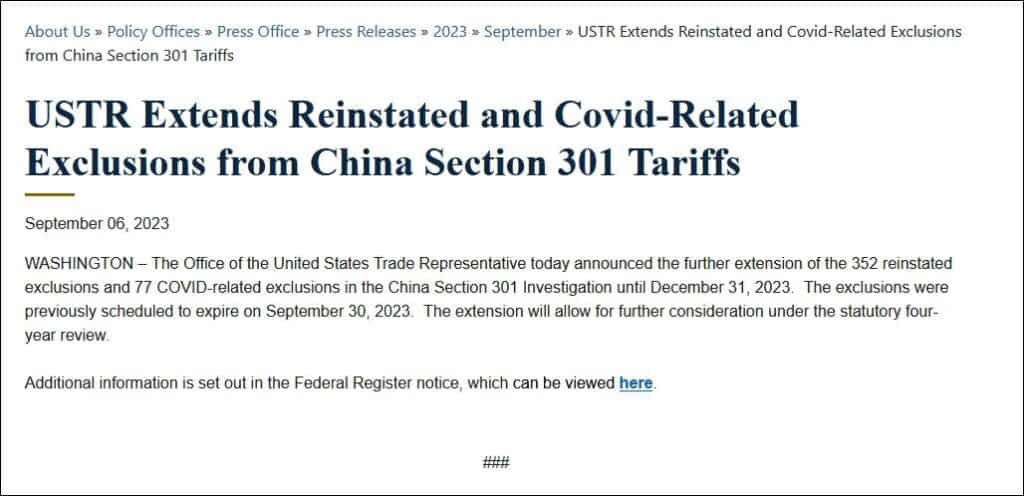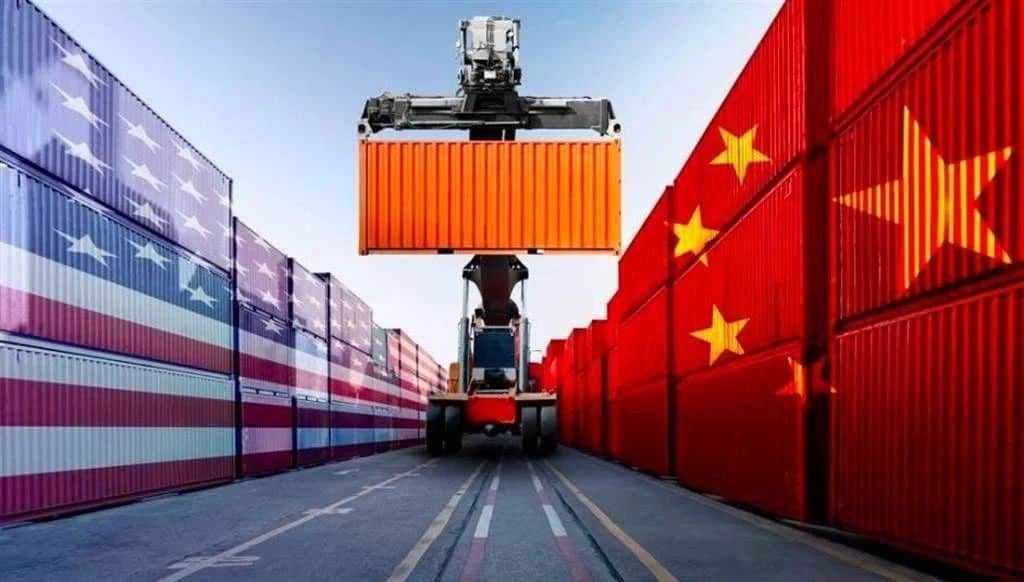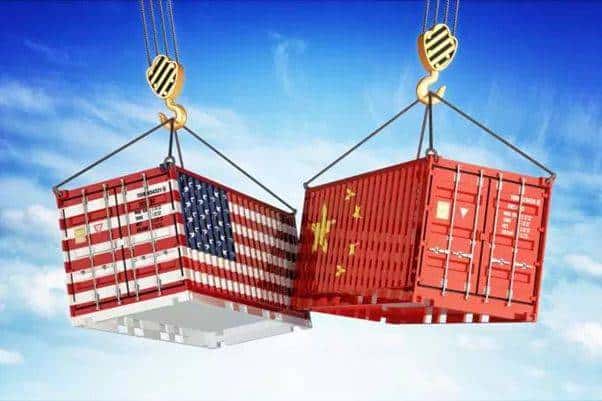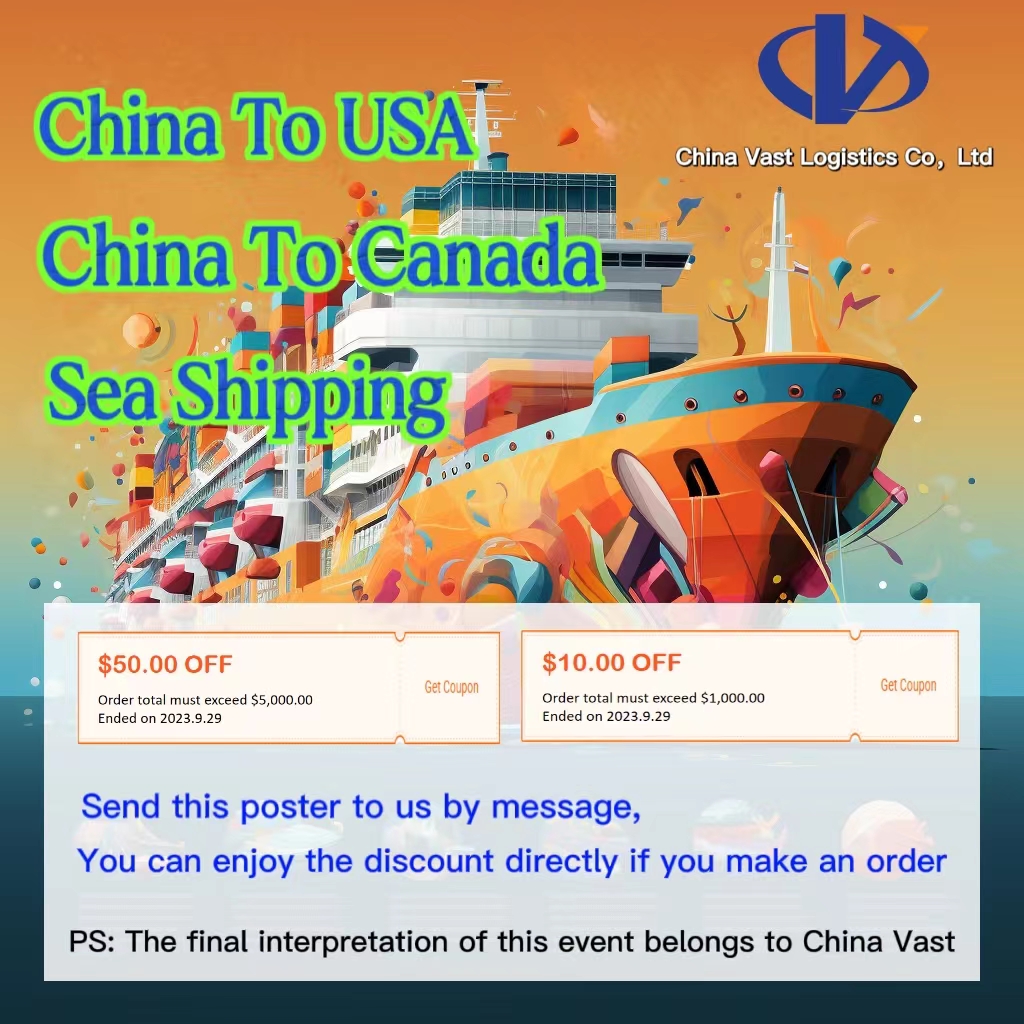The United States Trade Representative’s Office (USTR) announced on September 6th that it will extend the tariff exemption period for 352 previously exempted Chinese imported goods and 77 pandemic-related Chinese imported goods under the “Section 301” provisions. The extension moves the deadline from September 30th of this year to December 31st.
The U.S. Trade Representative’s Office stated that this extension until the end of the year allows the government to conduct further reviews on whether to continue granting exemptions within the statutory four-year review period.

The 352 previously exempted Chinese imported goods encompass industrial components such as pumps, motors, select automotive parts, chemicals, bicycles, and vacuum cleaners, among others.
Specific categories include hot rolling mills, water filters, purifiers, garage door switches, animal feeding machines and their parts, electric motors, motor speed controllers, sensors, valves, aluminum electrolytic capacitors, connectors, electroplated zinc anodes, carbon dioxide analyzers and components, scanners, thermostats designed for air conditioning or heating systems, polyethylene films, motorcycles (light motorcycles), crab meat, synthetic graphite, catalysts, hydrofluorocarbons, synthetic fiber luggage bags, silk fabrics, woven dyed fabrics, polypropylene fibers, non-woven fabrics, motor vehicle rearview mirrors, color digital cameras for microscopes, and more.
The 77 tariff-exempted goods related to pandemic response include medical products such as masks, examination gloves, and hand sanitizing wipes.
Specific categories encompass disposable plastic filters, disposable electrocardiogram (ECG) electrodes, ultrasound scanning devices, otoscopes, anesthesia masks, printed circuit board components, X-ray examination tables, X-ray tube housings and their parts, multi-leaf collimators, polyhexene thermoplastic masks, metallic sodium, powdered silicon dioxide, indicator panels containing LEDs, disposable gloves, synthetic fiber non-woven fabrics, plastic containers for hand sanitizer pump bottles, plastic curtains and covers for disposable sterile use, disposable stethoscope covers, square or rectangular cotton gauze sponges, disposable blood pressure measurement sleeves, and more.

During the Trump administration, the United States initiated trade disputes with China under the so-called “Section 301” of the U.S. Trade Act of 1974, imposing tariffs on Chinese imports worth billions of dollars annually. To address supply chain concerns and ease the burden on businesses, the Trump administration granted exemptions on certain products. However, all exemptions expired at the end of 2020.
In October 2021, the U.S. Trade Representative Katherine Tai initiated a tariff exemption review to consider whether to continue exempting 549 previously eligible products. After nearly six months, the U.S. Trade Representative’s Office issued a statement in March last year confirming the exemption for 352 of the 549 Chinese imported goods, stating that the decision came after extensive public consultation and consultations with other relevant U.S. agencies. This tariff exemption period has been extended multiple times until now.
In late August of this year, U.S. Commerce Secretary Gina Raimondo made her first visit to China and met with Chinese Commerce Minister Wang Wentao. According to the Chinese Ministry of Commerce, China expressed serious concerns about U.S. actions regarding the 301 tariffs on China, semiconductor policies, bilateral investment restrictions, discriminatory subsidies, sanctions against Chinese companies, and more. China emphasized that generalized national security measures are detrimental to normal economic and trade relations. Implementing unilateral protectionist measures is inconsistent with market rules and principles of fair competition and will only undermine the security and stability of global industrial and supply chains, disrupt the expectations of companies engaged in economic and trade cooperation.

Regarding the U.S. announcement in March last year to restore exemptions for 352 products imported from China, Chinese Ministry of Commerce spokesperson Shu Yuting stated at a press conference that China had noted this development, which is beneficial for the normal trade of relevant products. He emphasized that China has always believed that the U.S. unilateral imposition of tariff measures is not in China’s interest, nor is it in the interest of the United States or the world. Given the current situation of ongoing inflation and challenges to global economic recovery, it is hoped that the United States will cancel all additional tariffs on China at the earliest opportunity, in the fundamental interests of consumers and producers in both China and the United States, and return bilateral economic and trade relations to normalcy as soon as possible.

Welcome to CHINA VAST GROUP, a distinguished enterprise established in 2005. As a leading service provider in China, we specialize in international logistics and supply chain services, with a commitment to innovation, mutual benefit, and win-win partnerships. We operate through three principal divisions: CHINA VAST LOGISTICS CO., LTD., VASTFORTUNE STORAGE AND TRANSPORTATION CO., LTD. and VASTREACH SUPPLY CHAIN CO., LTD., each dedicated to excellence in their fields.
